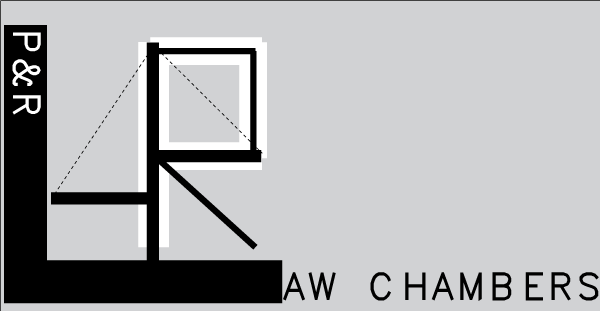
Overview:
The Hon’ble Delhi High Court, in the case of Rani Construction v. Union of India (ARB.P. 1011/2023), ruled that arbitral institution membership cannot be mandated as a prerequisite for arbitration. Hon’ble Justice Sachin Datta’s bench clarified that when parties opt for arbitration under an institution, it doesn’t imply automatic membership acceptance.
Facts:
The dispute arose between Rani Constructions Pvt. Ltd. (petitioner) and the Union of India (respondent) regarding an EPC agreement dated 16.11.2017 for a road construction project in Uttarakhand. The agreement contained an arbitration clause. Which refers disputes to arbitration under the rules of the Society for Affordable Redressal of Disputes (SAROD).
SAROD’s Rule 4.4 required primary membership of SAROD as a pre-requisite for invoking arbitration under its rules. The petitioner was not a primary member of SAROD and did not wish to become one. It proposed the constitution of a three-member arbitral tribunal under the Arbitration and Conciliation Act, 1996.
Arguments:
The petitioner contended that the agreement to arbitrate under SAROD rules did not imply an obligation to become members of SAROD. Insisting on membership as a pre-condition impinges on the validity of the appointment procedure and attracts Section 11(6)(c) of the Act, requiring the court to constitute the tribunal.
Respondent objected to the maintainability of the petition on the following grounds:
The parties’ agreement to resolve their dispute through SAROD necessitated the appointment of the arbitrator under SAROD Rules exclusively.
Judgment:
The court concurred with the petitioner’s argument that adopting an institution’s rules in an arbitration agreement does not imply an obligation to become members of that institution.
Insisting on membership as a pre-requisite for constituting the tribunal impinges on the validity of the appointment procedure and amounts to failure to perform the agreed function, attracting Section 11(6)(c) of the Act.
SAROD rules couldn’t be applied due to the membership requirement. The parties couldn’t agree on the tribunal constitution, so the court invoked Section 10(2) of the Act to appoint a sole arbitrator.
In essence, the court held that an arbitral institution cannot make its membership mandatory for the parties if they have only agreed to follow its arbitration rules. Further, the Court appointed a sole arbitrator after finding the agreed procedure unworkable.
Link to judgment: https://lnkd.in/gebXXFRx
To learn more about the Supreme Court’s decision on arbitral tribunal appointments. Click here to explore the rejection of the S.11(6) petition or the dismissal of the ex-facie time-barred claim.
